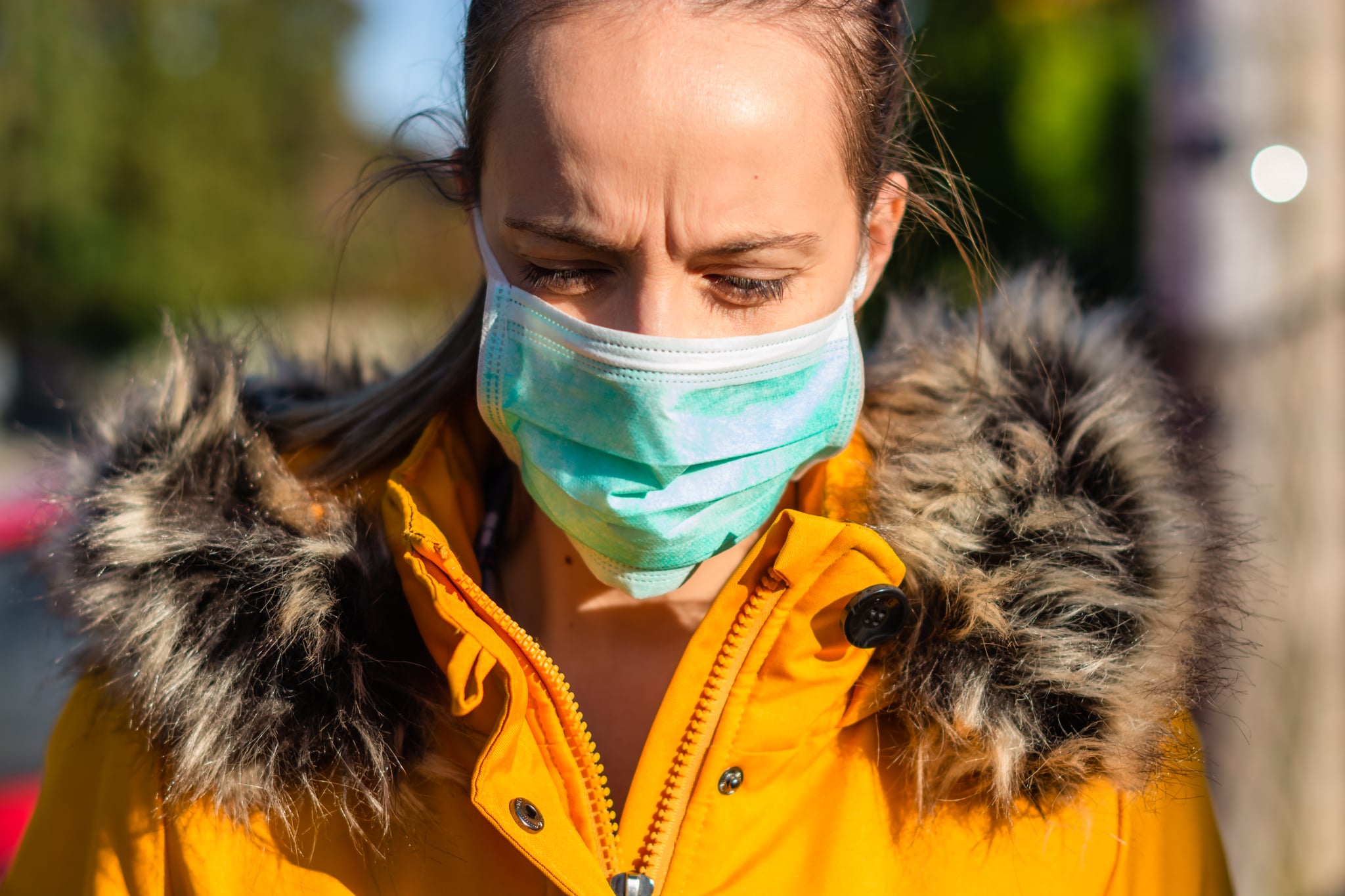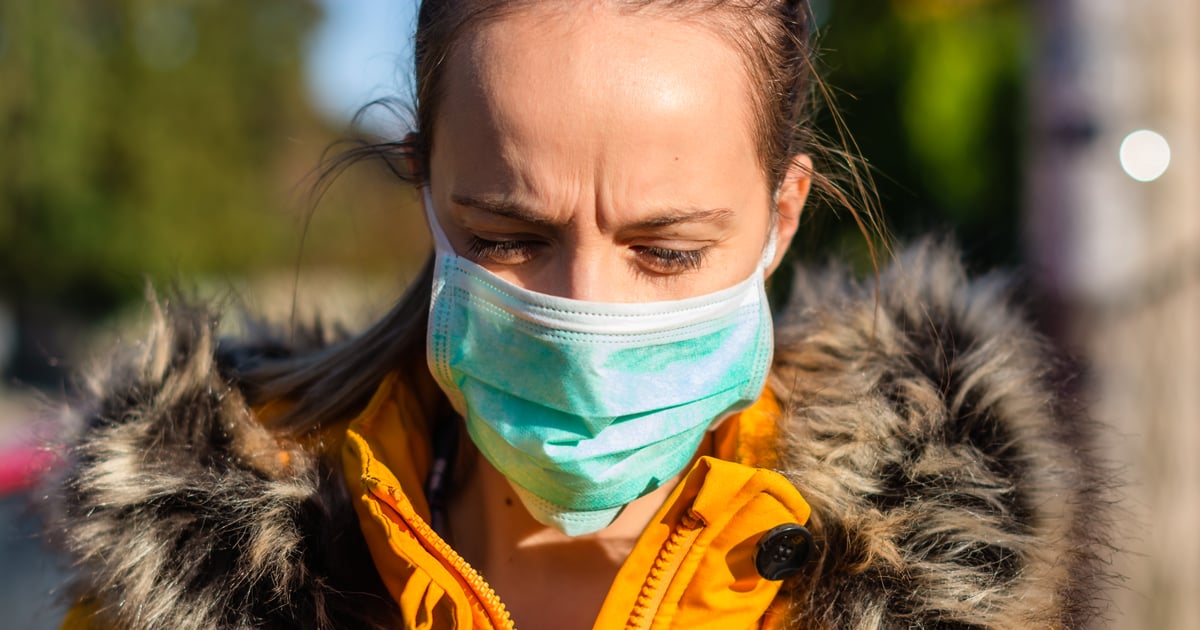
If you’ve been keeping up with the novel coronavirus (COVID-19) outbreak, you’ve probably been hearing a lot of the same advice:
These are effective, doctor-approved ways to treat and prevent coronavirus that you should continue to prioritize. But if you’ve been wondering about the opposite end of the spectrum — what’s the worst thing you can do to put yourself and others at risk? — Aruna Subramanian, MD, an infectious disease doctor and clinical medical professor at Stanford, offers this answer: “Using up healthcare resources,” she said, is the worst thing that most of us can do at this point. Things like hoarding face masks (which are only recommended for healthcare professionals, people with symptoms, or caregivers for the sick) and essential supplies like household cleaners, medicine, and food should be avoided. “It’s good to be prepared,” Dr. Subramanian said. “But to not have enough supplies on the shelves for everyone else is not the right thing.”
She encouraged looking at the bigger picture, because helping to protect those around you, as much as is feasible, will help fight the outbreak in the long run. “If the people around you don’t have their supplies and they’re getting sick,” Dr. Subramanian explained, it will only prolong and increase the crisis. It still makes sense to stock up on home supplies in case of quarantine, but make sure to check your proportions, and buy only what you and your family need.
In addition, Dr. Subramanian encouraged checking in on and taking care of higher-risk people, such as those with preexisting conditions like heart disease, lung disease, or diabetes, and people over the age of 60. “We have to go out of our way to protect those who need it,” she said, including not just higher-risk individuals but also people who are unable to work from home or take time off in case of a medical emergency. “We’re going to have to step up as a society to help the vulnerable and the higher risk.”
Other things you can avoid doing as the COVID-19 outbreak continues:
To some extent, fighting the coronavirus outbreak has to do with steering clear of heavily populated areas and events, isolating yourself if you’re sick, and physically separating yourself from other people (by three to six feet), a practice known as social distancing. But as Dr. Subramanian pointed out, it will also require coming together to protect the most vulnerable, whether that’s by actively checking in on older neighbors or family members or by resisting the urge to empty supermarket stocks of toilet paper, hand sanitizer, and flu medication.
You should continue your best prevention practices at an individual level: washing your hands, avoid touching your face, everything we’ve talked about and that you’ve been hearing. At the same time, to fight the outbreak on a larger level, “We have to stop thinking about each person as an individual,” Dr. Subramanian said. “We have to think bigger.”
